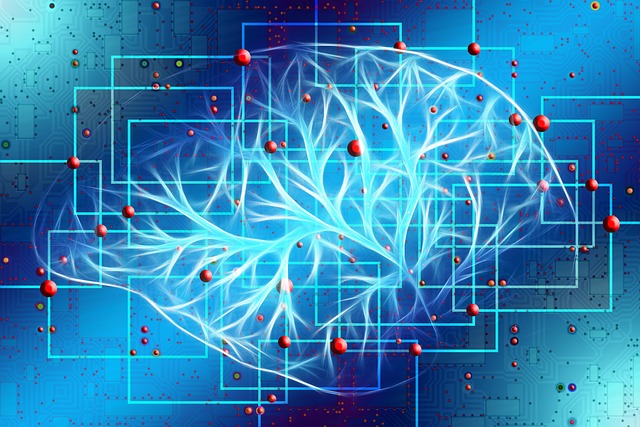Neurotechnology, a burgeoning field at the intersection of neuroscience and technology, holds the promise of unlocking the mysteries of the brain and revolutionizing our understanding of cognition, behavior, and consciousness. From brain-computer interfaces to neural implants and cognitive enhancement technologies, neurotechnology is reshaping the landscape of healthcare, education, communication, and human-computer interaction. Let’s explore the latest advancements and implications of neurotechnology as we delve into the intricacies of the human brain and mind.
Understanding Neurotechnology: Neurotechnology encompasses a diverse array of tools, devices, and techniques designed to interface with the brain and nervous system, decode neural signals, and modulate brain activity. Electroencephalography (EEG), functional magnetic resonance imaging (fMRI), and transcranial magnetic stimulation (TMS) are among the key technologies used to measure, manipulate, and study brain function in real-time. Furthermore, advances in neural engineering, optogenetics, and neuroinformatics enable researchers to explore neural circuits, map brain connectivity, and develop targeted interventions for neurological disorders and cognitive enhancement.
Key Applications of Neurotechnology: Neurotechnology holds immense promise across a wide range of applications, including healthcare, education, gaming, entertainment, and neurorehabilitation. In healthcare, brain-computer interfaces (BCIs) enable individuals with paralysis or motor impairments to control external devices using their thoughts, offering newfound independence and autonomy. In education, neurofeedback and cognitive training programs enhance learning outcomes, memory retention, and cognitive performance by leveraging principles of neuroplasticity and brain training. Moreover, in gaming and entertainment, immersive experiences and virtual reality applications leverage neurofeedback and biometric data to adapt content and engage users on a deeper emotional and cognitive level.
Challenges and Ethical Considerations: Despite its transformative potential, neurotechnology raises ethical, legal, and societal considerations surrounding privacy, consent, cognitive liberty, and the potential misuse of neurodata. Concerns about the ethical implications of cognitive enhancement technologies, brain-computer interfaces, and neural implants underscore the importance of responsible innovation, informed consent, and equitable access to neurotechnological interventions. Moreover, safeguarding neurodata and protecting individuals’ cognitive privacy are paramount to prevent unauthorized access, data breaches, and the exploitation of sensitive neural information.
The Future of Neurotechnology: As neurotechnology continues to advance, collaboration among scientists, engineers, ethicists, policymakers, and stakeholders becomes imperative to address emerging challenges and shape the ethical and regulatory frameworks governing its development and deployment. By fostering interdisciplinary dialogue, promoting transparency, and prioritizing user autonomy and well-being, we can harness the transformative potential of neurotechnology to improve human health, enhance cognitive abilities, and unlock new frontiers of understanding in the realm of the brain and mind.
Conclusion: Neurotechnology represents a frontier of innovation and discovery, offering unprecedented insights into the complexities of the human brain and consciousness. As we navigate the opportunities and challenges of neurotechnology, let us uphold principles of ethics, equity, and responsibility to ensure that neuroscientific advancements benefit humanity and contribute to the greater good of society.










